Malaysia’s floods expose depth of government’s inability to handle climate change
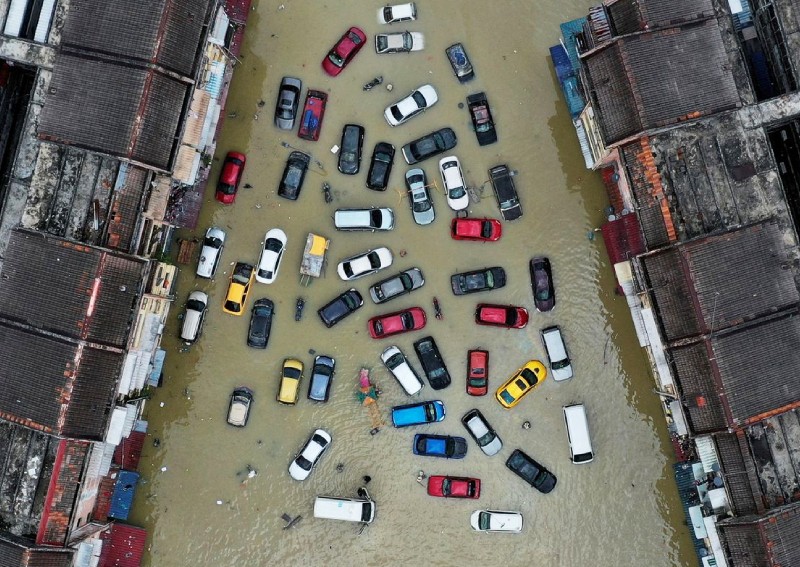
For decades, Peninsular Malaysia’s east coast has had more than its fair share of floods during the November to February monsoon season.
But as the country now counts the cost of the latest flooding – described by officials as a “once-in-a-century” disaster – victims, observers and climate activists say no other recent natural disaster has exposed just how unprepared it is in tackling climate change .
Some degree of damage was expected from the flooding, but a record death toll of at least 54, as well as the displacement of over 120,000 people and losses worth over 6.5 billion ringgit (S$2.1 billion) could have been minimised if the initial official response had not been botched, according to experts.
For days after the torrential downpour began on Dec 16, scores of civilian rescuers waded through ankle- to knee-deep water across the state of Selangor – one of the hardest-hit regions – to rescue stranded victims and deliver aid, as the response from emergency services lagged.
While seven out of the country’s 13 states became submerged, it was the damage in Selangor – an opposition-controlled state and the country’s most industrialised region – that contributed to the outsize devastation.
Alongside the delayed reaction, a blame game between the government and opposition, and factors such as long-unresolved illegal logging compounded the damage, political analysts say. These observers warn that the disaster has left them with no illusions about the country’s fraught state of governance.
Turmoil has become a byword in Malaysian politics in recent years, with the country witnessing the ousting of three prime ministers since 2018.
“The problems are lack of planning, competency, as well as institutional protocols and coordination,” said Bridget Welsh, a long-time Malaysian politics observer. “Politicians see crises through their own personal lens, with partisanship, elitism and interests part of this.”
Awash with problems
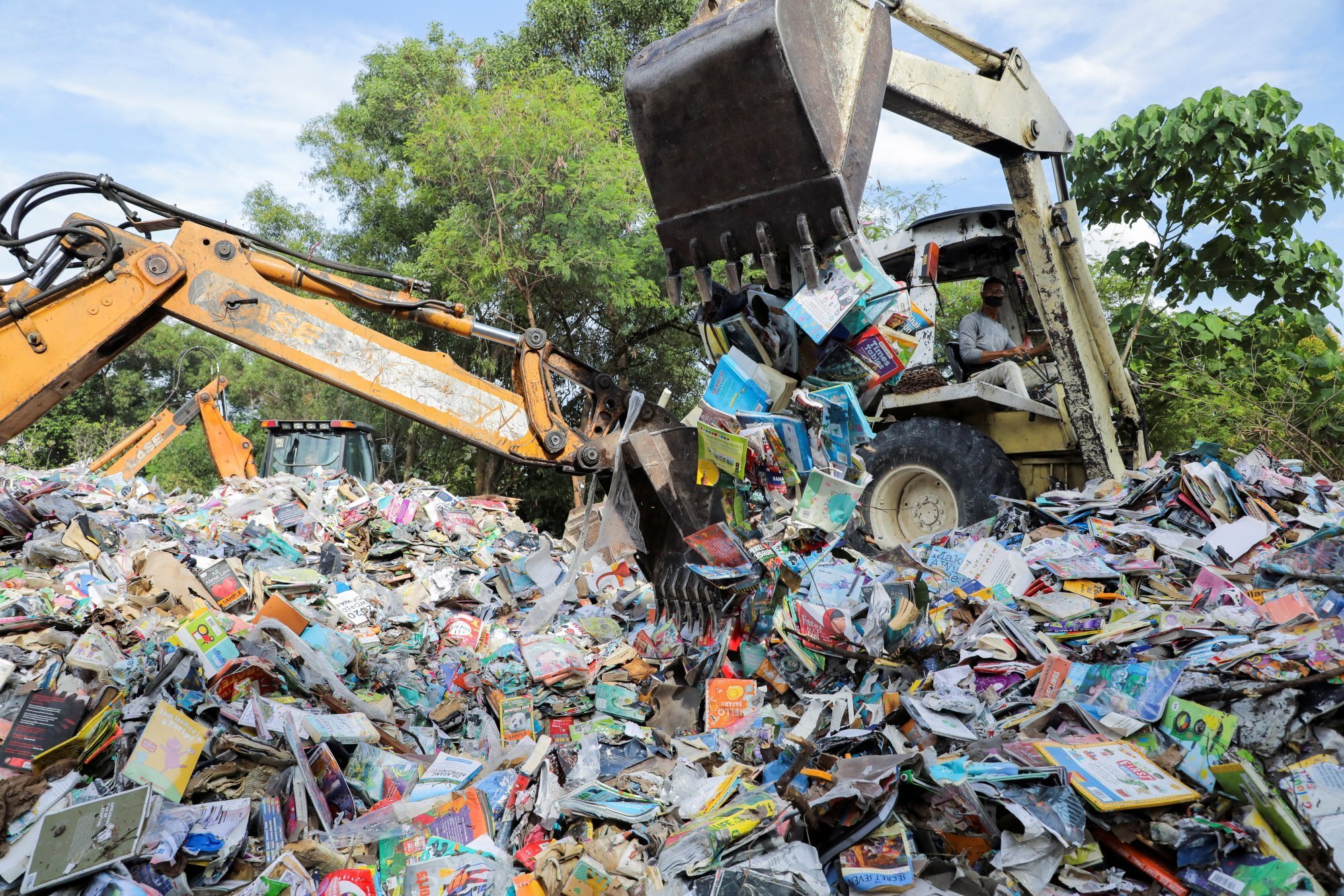
PHOTO: Reuters
For many Malaysians, the dysfunction surrounding the flood response lay in the events that transpired on Dec 18, two days after a tropical depression made landfall in eastern Peninsular Malaysia. By the evening of that day, it had been raining non-stop in Kuala Lumpur and the surrounding Klang Valley for almost 36 hours.
While the meteorological service issued warnings about the unusual downpour, the schedule of officials including Prime Minister Ismail Sabri Yaakob suggested all was well.
As water levels rose in the heavily populated commercial hub, two of the key political parties in Ismail Sabri’s ruling alliance, including his own United Malays National Organisation (Umno), proceeded with earlier scheduled in-person annual meetings.
On social media, residents angrily retweeted a video showing a fireworks display at the venue of one of these meetings.
By late evening, there was still no public statement from the prime minister’s office.
When he finally held a televised press conference at around midnight, the 62-year-old leader offered details the public already knew – that the army and rescue agencies were fanning out to deal with the situation – and urged flood victims to “stay calm”.
On the ground, victims who spoke to This Week in Asia in the days after the flood recounted feeling fear as water seeped, and then gushed, into their homes that night.
Some were stranded in their cars on highways.
Like Welsh, Hafidzi Razali of the BowerGroupAsia political consultancy noted that the crux of the impaired response had to do with the country’s hyper-partisan political climate.
While disaster management is largely devolved to the state administrations, efforts by the Selangor government led by the opposition Pakatan Harapan alliance were hampered as the chief minister, Amirudin Shari, was initially not included in a critical committee tasked with coordinating post-flood aid.
This week, Ismail Sabri took to parliament to fight back against claims that he was central to the delayed response in Selangor.
Weather warnings by the meteorological department were “ignored by certain quarters”, the prime minister said in a thinly-veiled reference to Amiruddin’s administration.
“There were weaknesses in the state and district-level disaster management committees, and I was forced to intervene, he said.
Hafidzi said such one-upmanship was at the heart of what went wrong in December.
“A more coherent federal-state action plan in dealing with climate change and natural disasters could have avoided the casualties and damages which took place,” he said.
Welsh noted that Ismail Sabri’s ruling Umno party had a track record of “punishing opposition states” and such a policy had hurt “the country and its people”.
“Stronger institutions addressing disasters, established protocols, better working relationships with state governments are essential,” she said.
Like in the aftermath of Hurricane Katrina in the United States in 2005, part of the national hand-wringing following the floods has involved assessing the competence – or lack thereof – in Malaysia’s main disaster management agency.
“Taxpayers’ money was wasted on an agency that is not equipped to manage disaster relief. This is a failure of public policy,” said political scientist Tunku Mohar Mokhtar of the International Islamic University Malaysia.
‘Not sexy enough’?
Climate activists say there is no better time for a full review of the country’s climate change mitigation plan. In their crosshairs is the Environment and Water Minister Tuan Ibrahim Tuan Man.
The minister, a member of an ultraconservative Islamist party in the ruling coalition, has in the past drawn flak for suggestions that Malaysia was not particularly vulnerable to climate change.
Ili Nadiah Dzulfakar from the environmental group Klima Action Malaysia said it was essential that there was thorough assessment of the effect urban development and logging activities had had on exacerbating the floods.
“There is this disconnect, or incoherence, of policy in Malaysia. On one hand, we want to develop as much and as fast as we can, but at the same time, as some enjoy the fruits of the development, it causes others to suffer,” she said.
The issue of illegal logging – and the possibility at least some of such activities may have connection with companies owned by royalty – has been intensely discussed on social media.
The country’s royal households, whose male heads take turns to be the country’s constitutional monarch, have vast business interests.
In the aftermath of December’s floods, some social media posts suggested illegal logging had continued in the state of Pahang despite a moratorium, as those behind these activities had the backing of Sultan Abdullah Sultan Ahmad Shah – the state’s ruler and the country’s current king. Sultan Abdullah has not publicly commented on the matter.
On Thursday, opposition leader Anwar Ibrahim urged the government to impose a blanket national moratorium on all logging activities – including approved contracts – until an environmental study was conducted.
The Pakatan Harapan chief suggested logging companies should also be made culpable for the multibillion-dollar losses incurred following the disaster.
“Don’t let them say that they’ve paid their taxes. They did not pay taxes to destroy people’s houses or to cause floods,” he said.
Syed Saddiq Syed Abdul Rahman, leader of the youth-centric Malaysian United Democratic Alliance (Muda), also speaking in parliament like Anwar, lambasted the country’s older generation leaders for failing to prioritise climate change as it was “not sexy enough” in the local context.
“Only when a flood happens will this issue be played up. After a month, everything becomes quiet again,” the 29-year-old politician said. “There are no discussions, and when budget applications are made, they are ignored.”
Silver lining
Incidentally, several flood victims who spoke to This Week in Asia said it was in Muda that they witnessed a silver lining arising from the floods.
At the height of the flood crisis, the party raised more than 2 million ringgit and galvanised hundreds of volunteers to rescue stranded people and deliver aid – at times using kayaks, loaned four-wheel vehicles and lorries.
“They came, and really helped. I did not see anyone taking any photos while they were here, unlike some other groups,” said a flood victim who gave her name as Sofia. Her house – near a major river in Selangor – was completely submerged by the floodwaters.
The party’s inception has been controversial, with officials for months dragging their feet in endorsing the registration of the party. In turn, the group launched and won a legal suit against the government.
Its activism meanwhile has attracted the attention of authorities, with the police probing several volunteers for allegedly failing to obtain “prior approval” before providing aid to victims in the state of Johor.
Others lauded non-partisan initiatives such as the food bank programme by a Sikh temple in Selangor, Gurdwara Sahib Petaling Jaya. The temple for weeks fed tens of thousands of flood victims, with the help of volunteers across ethnic groups.
The likes of James Chin, a veteran Malaysia watcher and critic of Umno, are unmoved by the acts of mutual help – saying instead that in the aftermath of the floods, there was little to be optimistic about given how officialdom’s incompetence had been laid bare.
He suggested the bureaucracy bore as much responsibility for the botched early response in Selangor as the political leaders.
“No lessons will be learned … politicians realise that if they demand accountability from the civil servants, the public will demand the same from them,” he argued. “The system protect people who are incompetent.”
Researcher Serina, who studies the intersection of the country’s politics and environment, said there was no reason to be completely disillusioned given the way ordinary Malaysians responded to the crisis.
“This is the beauty of Malaysia – where there is a gap in governance, the people will rise to help each other,” she said.




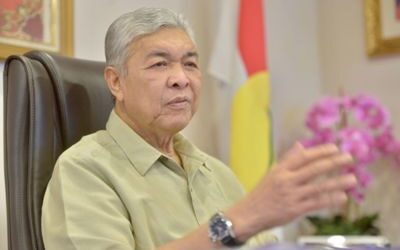
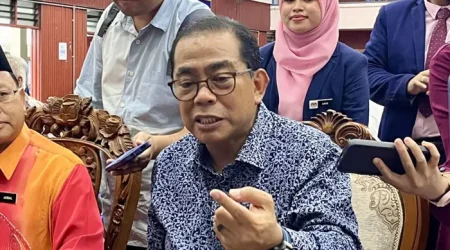




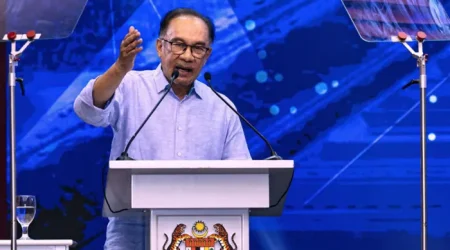

Leave a Reply